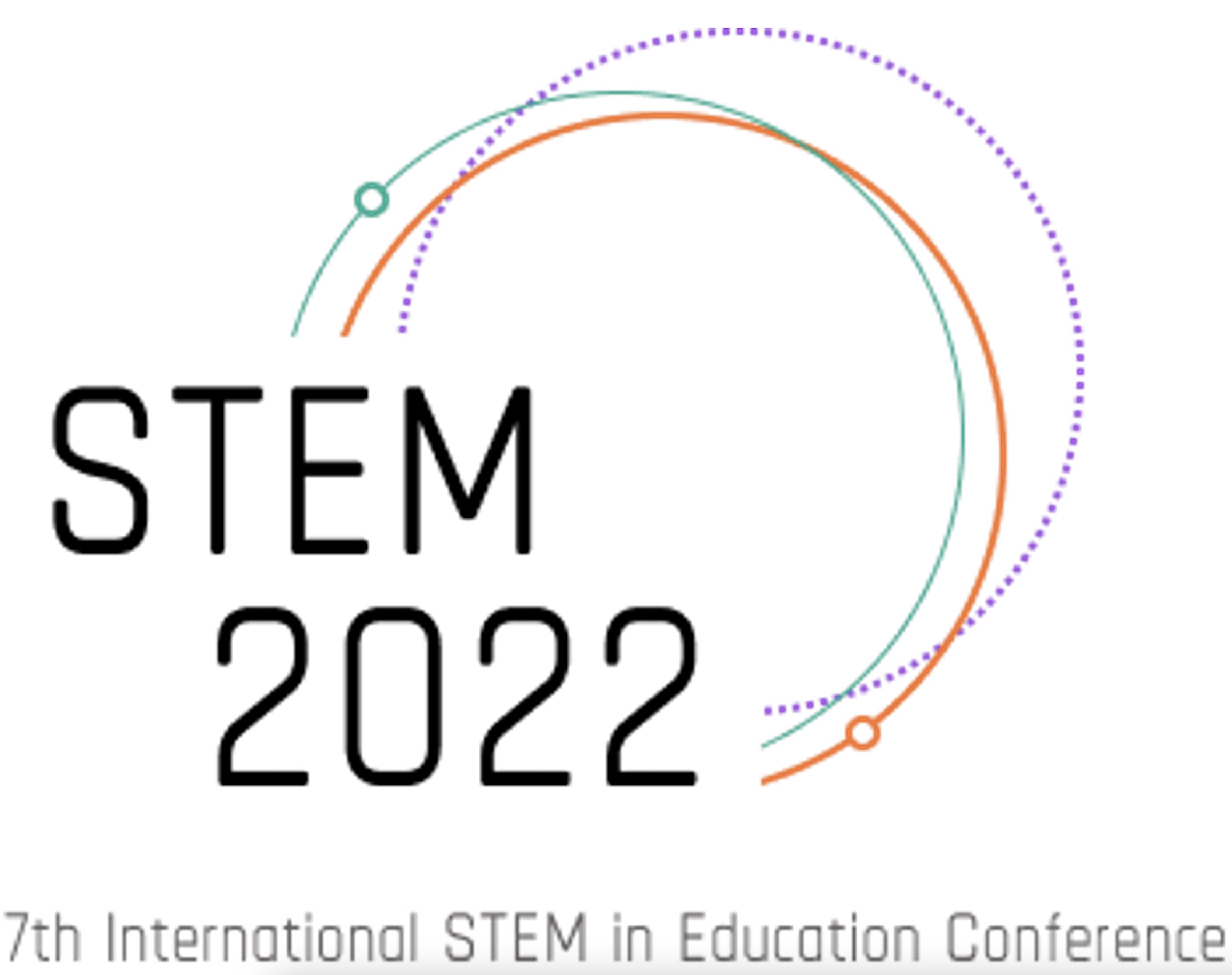LOCATING A THIRD SPACE: BLACK/AFRICAN IMMIGRANTS’ INVOLVEMENT STRATEGY FOR SUPPORTING CHILDREN’S MATHEMATICS LEARNING IN CANADA
Keywords:
African immigrant families' involvement, Hybridity, children's mathematics learningReferences
Anderson, J., McTavish, M., & Kim, J. (2017). Lessons from parents, and with parents in early literacy learning for migrant and refugee students. DEL International Literacy Association.
Gorgorió, N., Planas, N., & Vilella, X. (2002). Immigrant children learning mathematics in
mainstream schools. In Transitions between contexts of mathematical practices (pp. 23-52). Springer, Dordrecht.
Gutiérrez, K. D., Baquedano‐López, P., & Tejeda, C. (1999). Rethinking diversity: Hybridity and
hybrid language practices in the third space. Mind, culture, and activity, 6(4), 286-303.
López-Robertson, J., & Schramm-Pate, S. (2013). (Un) official knowledge and identity: an
emerging bilingual's journey into hybridity. Innovation in Language Learning and Teaching, 7(1), 40-56.
Statistics Canada (2019, April 18). Focus on Geography Series, 2016 Census. Statistics Canada.https://www12.statcan.gc.ca/census-recensement/2016/as-sa/fogs-spg/Facts-can-eng.cfm?Lang=Eng&GK=CAN&GC=01&TOPIC=7
Yin, R. K. (2009). Case study research: Design and methods (4th ed.). Sage.
